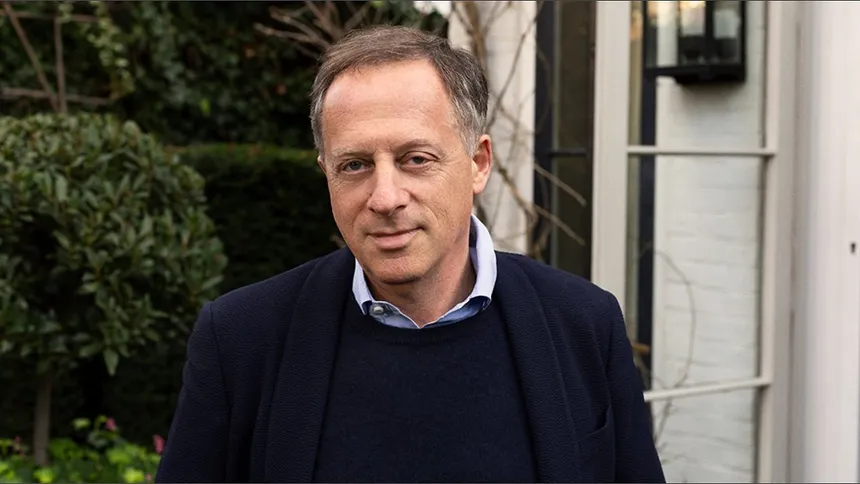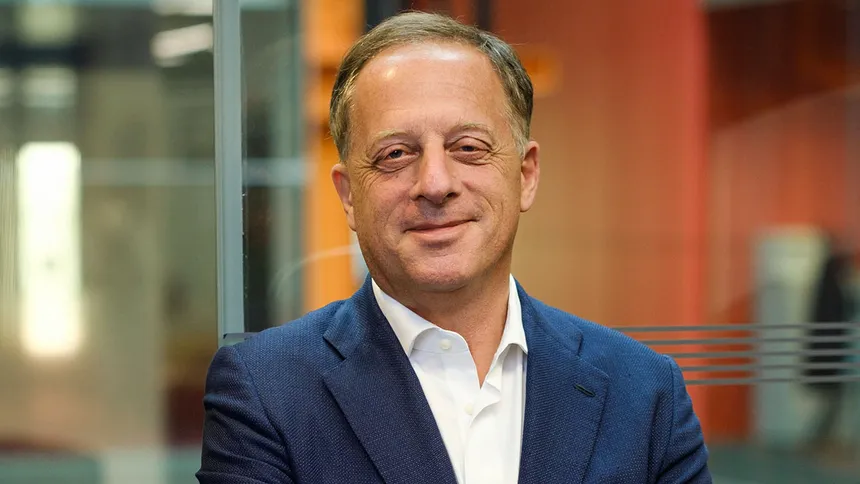Richard Sharp, the beleaguered BBC chairman, rose to power through his extensive network of connections with the political elite. Sharp’s background is replete with examples of cronyism and elitism, with ties to prime ministers, civil servants, and influential figures. His ability to navigate these networks has served him well in his roles within the government and the BBC.
Sharp’s most notable connection is his role in securing an £800,000 loan facility for former Prime Minister Boris Johnson. His old friend Sam Blyth, a Canadian businessman, approached Sharp with the offer, which Sharpd then facilitated through his connections to Simon Case, the UK’s most senior civil servant. This introduction was seen as a prime example of Sharp’s ability to wield influence through his connections.
Sharp’s connections to the political elite extend beyond his role in securing the loan facility for Johnson. He was instrumental in helping then-Young Conservative Rishi Sunak during his Goldman Sachs career, describing him as “the best young financial analyst he had seen.” Sunak later went on to become the Prime Minister of the United Kingdom, further cementing Sharp’s reputation as a go-to figure for those seeking to advance their careers in politics.
Before his stint at Goldman Sachs, Sharp worked in both commercial and investment banking for JP Morgan. He read philosophy, politics, and economics at Oxford University and served as chairman and emeritus trustee of the Royal Academy. These credentials have provided him with a strong foundation for his subsequent roles in government and public service.
Sharp’s appointment as BBC chairman in 2021 was widely regarded as political, given the corporation’s tumultuous period at the time. He was tasked with leading the corporation through a period of rapid change, which included scrutiny over equal pay, diversity, and competition from streaming services. Sharp pledged to give his £160,000 annual salary to charity and has since defended the BBC on numerous occasions, highlighting the importance of journalism in speaking “truth to power” and lamenting the threat of disinformation faced by the industry.

Richard Sharp (Via Richard Sharp/Twitter)
Despite his efforts to maintain a neutral stance, Sharp’s responses to controversies have raised eyebrows. He denied that controversy surrounding the hiring of Jess Brammar as head of news channels had “tainted” her appointment, after her impartiality was questioned following the emergence of old tweets critical of Brexit. He also criticized the government’s two-year freeze of the licence fee, describing it as “disappointing” and saying it would lead to “tougher choices” affecting viewers.
Sharp’s defence of the BBC has not gone unchallenged. Former BBC presenter Emily Maitlis claimed that “due process wasn’t followed” after she criticized the corporation’s handling of her Newsnight speech about Dominic Cummings. Sharp countered that Maitlis’s claims were “completely wrong” and that she had made an “active agent of the Conservative Party” on the BBC board.
Sharp’s background is marked by his experiences growing up, including spending part of his childhood in America due to his father’s senior positions at agrochemical company Monsanto and telecommunications organization Cable & Wireless. He has a twin sister, Victoria, who is the president of the King’s Bench Division of the High Court of Justice in England and Wales. Sharp also had a younger sister who died young from cancer, which led him to become a supporter of some of Maurice Saatchi’s campaigns to improve cancer research and care.
Sharp’s rise to power is a testament to his ability to navigate the complex networks of power and influence. His connections to prime ministers, civil servants, and other influential figures have served him well in his roles within the government and the BBC. However, his decisions and actions have also been criticized, and his claim to remain impartial while surrounded by elite connections is questionable. Sharp’s background is a reminder that access to power and influence is often determined by one’s connections and reputation, rather than merit or effort alone.











































